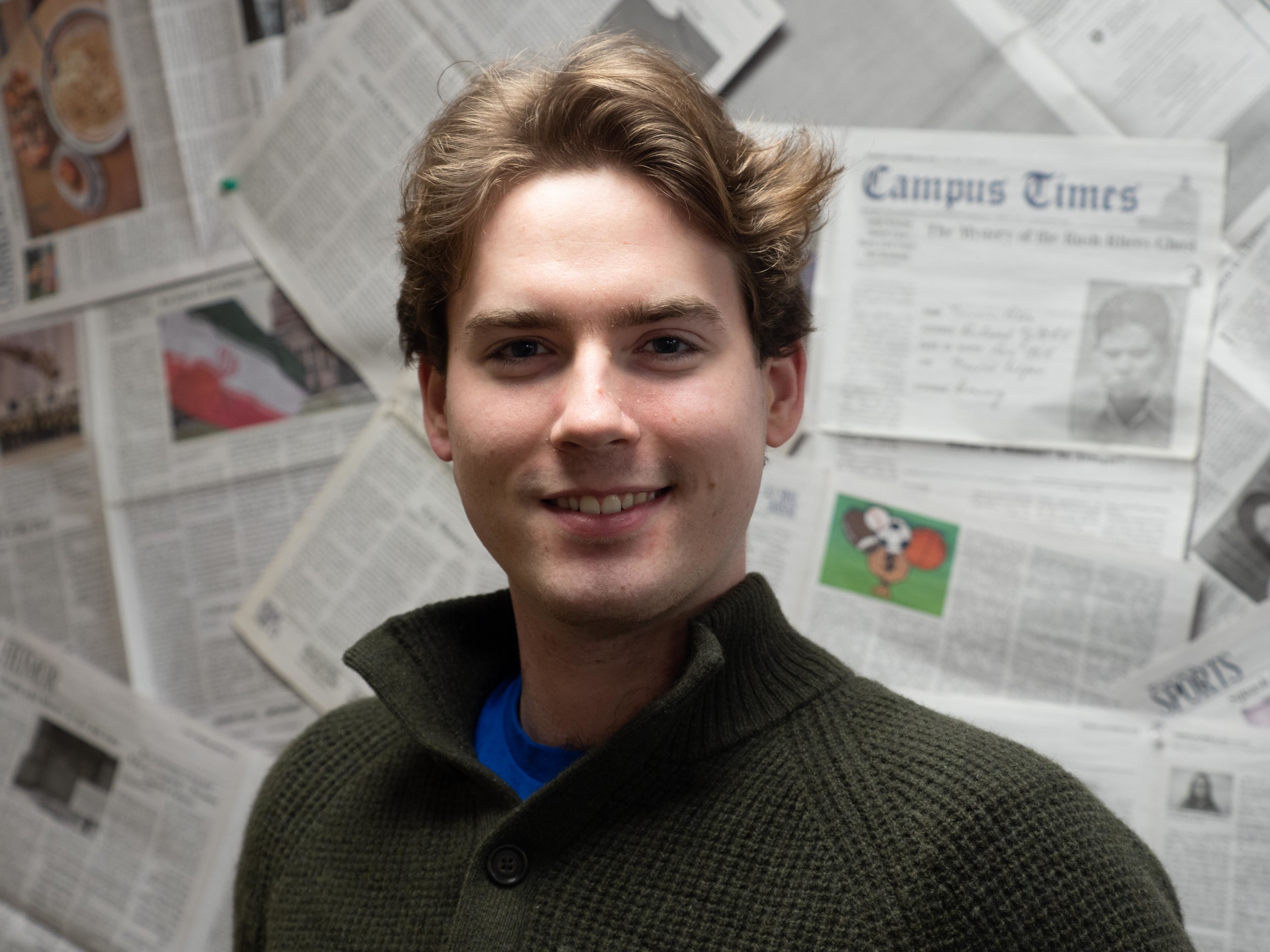Since the campus shutdown last spring, UR has implemented a host of regulations and procedures to limit the spread of COVID-19 at the University. Over the course of the semester, the Coronavirus University Restart Team has attempted to address the challenges faced by students and the University at large. Students concerned with the behavior of their peers during the pandemic may wonder what the University has done to enforce these regulations, and what consequences are in place for the most serious violations.
Dean of Students Matthew Burns shed some light on the topic in an interview with the Campus Times.
Rumors have been swirling since August surrounding students and organizations unofficially hosting events or otherwise violating COVID-19 protocols. The University does not discuss individual cases, but Burns was able to disclose the process the administration takes to investigate suspected violations.
Many of these violations are relatively minor. As the semester progressed, most of these resulted from what Burns calls “regulation fatigue.” “After months and months of [the pandemic],” Burns said, “people are simply getting tired of it.” Students have become worn out and have become lax, particularly as isolation, and the resulting loneliness and depression, have crept up on students.
Violations started predominantly as mask violations, Burns said. Students were uncertain about where and when they had to wear masks, be it on the quad or in eating areas that may have changed since the pandemic required drastic changes to the organization of areas where students congregate. This sort of violation is usually forgiven with a warning, given the confusing circumstances students are under. While a warning won’t be among the consequences of rule violations in the future, students must still meet with the Office of the Dean of Students to discuss how to improve their behavior to ensure the safety of their peers.
As of the interview with Burns two weeks ago, there were 357 individual reports of conduct violations. While this may seem to represent a larger number of students, Burns was quick to assure that many reports concern the same case. “Those are not unique incidents,” he said, referring to the total of 357. “If three to five people saw the same incident, we have three to five total reports.” Moreover, Burns wanted to dissuade any fears about the magnitude of reports. “A lot of reports is not a bad sign; it’s a sign that [students] are trusting what’s going on,” he said, referring to the reporting system that the University has created to allow students to inform the administration of any suspected violations.
Organizations also have a duty to follow regulations. If an organization is involved there will always be individual consequences for those directly responsible, Burns said, but the group itself could face sanctions.
“Groups present an issue for us,” Burns said, “because we have to ask questions to figure out if it’s really a group violation, or if it’s a group of people that happen to be part of an organization, or if they used their group to create that violation.” No single factor will mean the group will be held liable, Burns said, but the more answers that point to a group violation, the more likely they’ll face group sanctions. For example, they could look at if the group had consulted their advisor, and if so, why had they failed to properly follow the rules. “Ultimately it comes to a judgement call,” Burns said.
As far as athletics are concerned, coaches have jurisdiction over their teams. “It makes a difference where or not a coach is acting,” Burns said, “and where or not it should go through the coach or through [the Center for Student Conflict Management].”
The University has managed to remain open despite closures around the state and the country. Burns commended the work that has been done so far, in monitoring, in testing, and in student compliance. “None of these tools are going to protect us entirely,” Burns said. “Even together they won’t protect us entirely, but together you’ve done well, the county has done well. I think it’s really a combination of your efforts, where you are and the outside environment that have kept you protected.”
But now, Burns said, is not the time to neglect the duty students have to protect their peers and community. Both health professionals and the University worry that the regular seasonal effect on behavior and mental health in the winter will lead to students relaxing their attention to regulations. This, they fear, could lead to a spike in cases. “Now that it’s getting colder and we’re going inside,” Burns said, “now is not the time to be relaxed.”
Violations, of course, come with consequences. Burns was clear that while confusion or slip-ups can be forgiven with just a warning, repeated and conscious breaking of the rules can lead to increasingly severe punishments. While starting with a warning and a meeting with the dean, punishment can be as severe as suspension or expulsion. “I want students to think about the consequences of their actions,” he said. “If they get put on deferred suspension or sanctioned for compliance, grad schools are going to ask questions.” While a warning is not released — it will not be shown to grad schools, or anyone who asks for a transcript — these more serious consequences will be on students’ records when they apply for future opportunities.
“When you have to answer questions about why you were sanctioned during a pandemic…” Burns said, pausing before he continued.
“Now’s a good time to start thinking ahead.”


